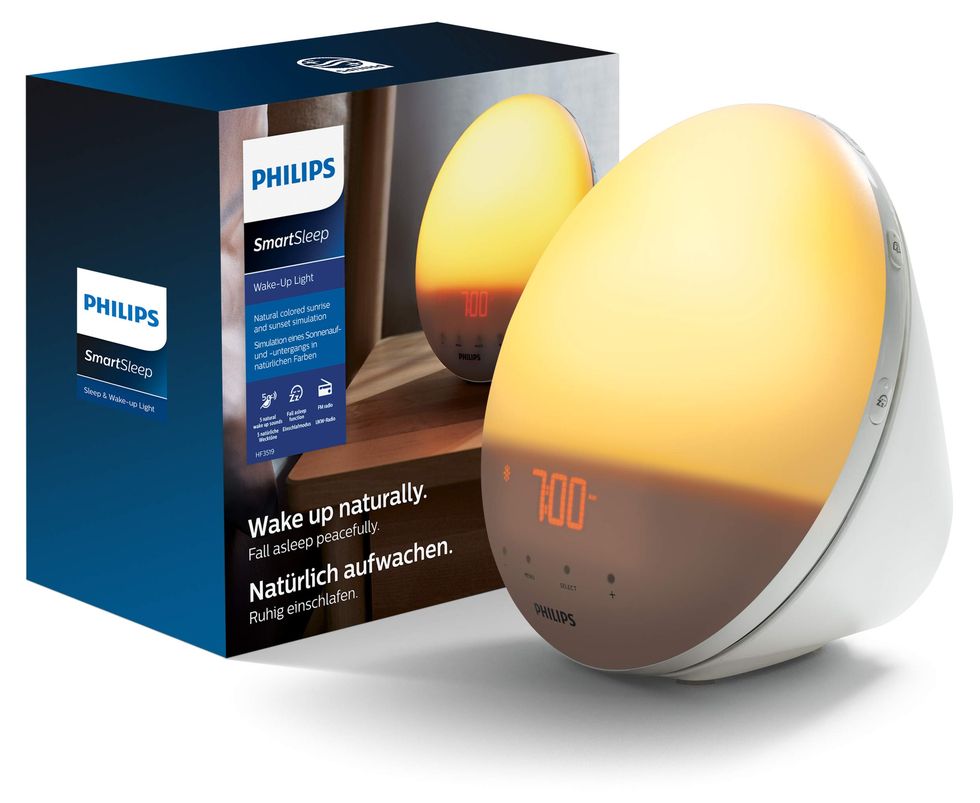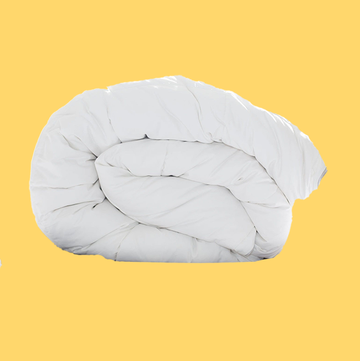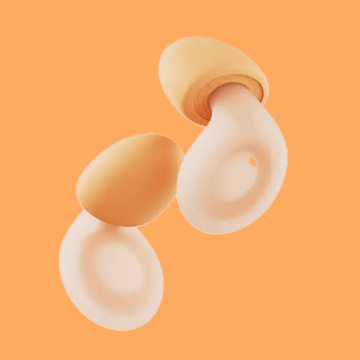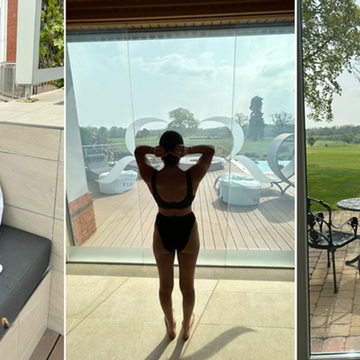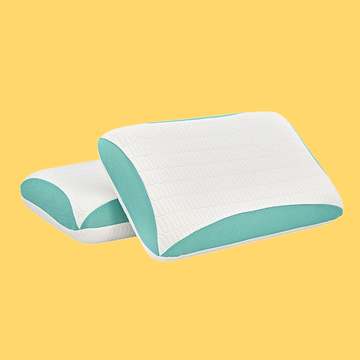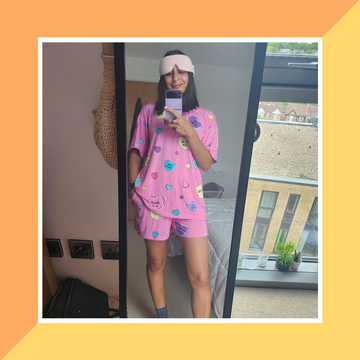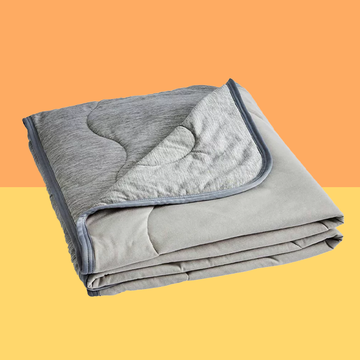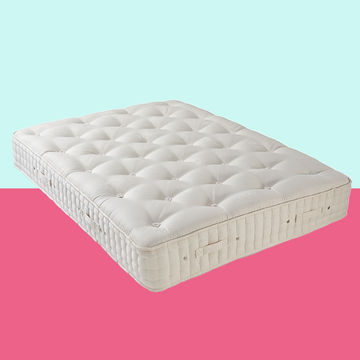Welcome to ‘How I sleep’, a series where we quiz people about their bedtime habits. We’re asking experts, well-known faces and friends of GH to share their evening wind down routines – along with all their best tips for a decent night's sleep.
This month, clinical psychologist and co-founder and director of the Good Sleep Clinic, Dr Maja Schaedel, reveals some of her slightly unexpected bedtime rituals, and why she avoids putting too much pressure on achieving the perfect sleep.
What does your wind down routine look like?
“I like having an evening routine that’s relaxing but isn’t specifically designed for sleep. Sleep is a basic bodily function that we automatically know how to do – we're all born with the capability – and I think we can overcomplicate things when we spend too much time focusing on it. I try not to get caught up in making sure everything is just right and have faith that my body is going to sleep.
What to read next
After dinner, I sit down to watch a TV series with a cup of decaf Earl Grey or Yorkshire Tea (to avoid caffeine, which has a half-life of about six hours) and some 85% dark chocolate. I opt for dark chocolate because it’s a source of antioxidants and it hits the sweet spot, without leading me to eat a whole load of sugary stuff, which can disrupt sleep, before bed. Research shows that watching TV doesn’t have a big impact on sleep and if it helps you relax then go for it (not in the bedroom, though).
If my feet are chilly, I’ll run a warm two-inch bath and dunk my feet in. This draws heat away from the core and helps lower your body temperature, which should drop by one to two degrees during the night.”
Tell us about your bedroom set-up
“I generally keep the room tidy; I like to have my bed made in the morning so I feel good when I get into it. I have a low-level lamp beside my bed so there’s no harsh, bright light, which could impact my circadian rhythm. I also keep the room cool, and I wear light, breathable cotton pyjamas to prevent overheating. I have shutters in the bedroom, but some light seeps in through the gaps, so I’ve started to wear an eye mask in the early mornings during summer. I'm 42 now and in the past year, I've noticed I’m more sensitive to light, which is a classic perimenopausal hormonal shift.”
What time do you go to sleep at night and wake up in the morning?
“I don’t necessary focus on what time I go to bed. I have in my mind an optimal time, between 10.30pm and 11pm, but I don’t stick to it religiously. For me, waking up at the same every day is much more important – I get up at 7am, regardless of what time I went to sleep the night before (with some exceptions, of course). One of the biggest mistakes I see people making after a late night is laying in the next day, so they can’t get to sleep that evening. They start to worry about it, and it becomes a bit of a nightmare. If you get less sleep one night, it’s not the end of the world, you can get through the day, and you’ll be on track for the following night. It’s best to think about your sleep across the course of a week, rather than trying to maximise it each night.”
What do you eat and drink in the evenings?
I usually end up having dinner at 8.30pm, which is later than I’d suggest for someone with insomnia, but I don’t have sleep problems and that’s the first chance my husband and I have to eat after putting the kids to bed. You want to put a couple of hours between eating and going to sleep ideally. I usually eat healthy meals – like chicken and vegetable fajitas with wholemeal wraps – but I don’t cut out any food groups because I think they might impact my sleep, and I certainly don’t fast, as I don’t think it’s helpful for sleep.
Ultimately, I'm driven by wanting to eat something that’s nourishing and that I enjoy. I don’t have a big drink in the last hour and a half before bed, because it will mean I’m up during the night. I generally have my last caffeinated drink at about 2pm and I’m not a big alcohol drinker because I know it effects my sleep quality.”
What’s your best piece of sleep advice for GH readers?
“Climb a hill, listen to the birds, ask a friend how they're doing; anything that engages you in the wider world outside of your own busy mind and helps you maintain a sense of perspective. This is such a powerful tool in protecting sleep, as our minds are often the biggest barrier when it comes to rest.”
What products would you recommend for supporting quality sleep?
A sleep mask can be really helpful, especially in the summer months (I use the Drowsy one). Sunrise alarms are good for people who struggle to get up in the mornings and I think applying a hand cream with a soothing scent like lavender is a nice ritual to help you focus on rest and relaxation before bed.”
More sleep inspiration
- Good Housekeeping Sleep Awards 2025: our winning buys for the best night's sleep
- What happened when one writer tried the military sleep method that helps soldiers fall asleep in minutes
- The best mattresses for every sleep style, tried and tested by the Good Housekeeping Institute




